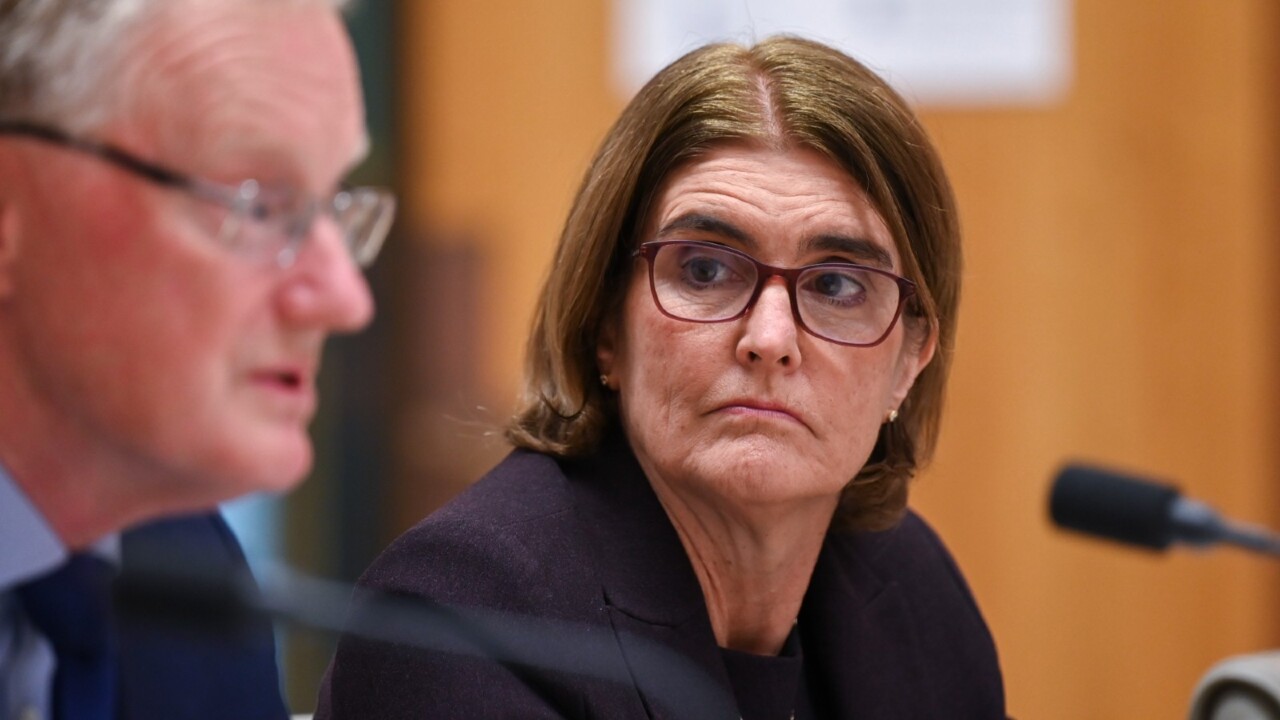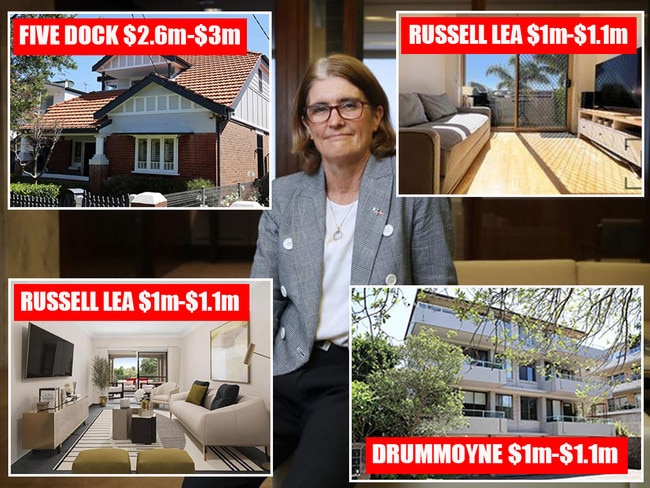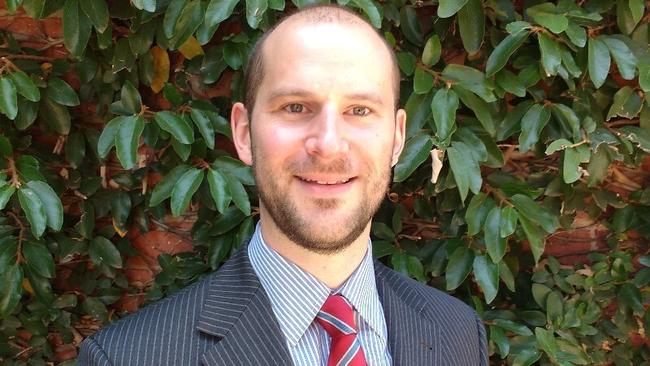RBA interest rate decision: How a special deal helped Bullock pay off her home loan in nine years
Under a special deal for RBA employees, Michele Bullock got a seven per cent discount on her home loan rate, allowing her to pay off the house in Sydney’s inner west in less than a decade.

NSW
Don't miss out on the headlines from NSW. Followed categories will be added to My News.
Reserve Bank of Australia governor Michele Bullock paid off her house in Sydney’s inner west in under a decade – courtesy of a special half-price mortgage deal for RBA employees.
The revelation that Ms Bullock was able to save a fortune on interest through the generous scheme has emerged as she and the rest of the central bank board meet to consider whether to impose a 14th rate rise in 19 months.
The career public servant is not entirely immune from the RBA’s monetary policy decisions, because she has borrowed to purchase at least two of her three investment properties, all worth $1 millon-plus.
However, in contrast to the situation for owner-occupiers, the interest payments are tax deductible on Ms Bullock’s units, which like her principal place of residence are in the inner west.
The Daily Telegraph has learned that Ms Bullock and her husband paid off the loan on their Five Dock home in 2000, just nine years after they bought the property.

The couple forked out $285,000 for the house in April 1991 when standard variable interest rates were about 14 per cent and falling. The home is now estimated to be worth nearly $3m.
Under the since-discontinued subsidised RBA loan scheme, the Bullocks’ interest rate would have been slashed to seven per cent.

That would have reduced the couple’s interest weekly costs by about $230 a week, which at the time was more than half the average wage of about $440 after tax.
Last month, the RBA lifted rates for the first time since Ms Bullock took over as governor from Philip Lowe, who also benefited from the cut-price borrowing program.
Since May last year, the RBA has raised the cash rate from 0.1 per cent to 4.35 per cent – including last month’s quarter-point hike.
By increasing the cost of money, the RBA is aiming to quell demand and thereby reduce price inflation from a peak of more than eight per cent late last year to less than three per cent by 2025.
Data released by the Australian Bureau of Statistics last week showed inflation had fallen to under five per cent.
The RBA board is not expected to raise the cash rate following today’s board meeting, but the futures market indicates an increase at its next meeting, in February, is a 50-50 proposition.
At a conference of banking experts in Hong Kong last month, Ms Bullock said Australian mortgagors were still “doing fine”, despite the unprecedented run of hikes, which she acknowledged had “created a lot of political noise and a lot of noise from the general public”.
Earlier in November she said “inflation is being driven by domestic demand ... (and) is increasingly underpinned by services. Hairdressers and dentists, dining out, sporting and other recreational activities – the prices of all these services are rising strongly.
“This reflects domestic economic conditions and is an indication that aggregate demand is sufficiently greater than aggregate supply to sustain these price increases,” she said.

But MB Fund chief economist Leith van Onselen on Monday told The Telegraph that haircuts and fillings were not the problem.
“She’s deliberately not picking the right targets,” Mr van Onselen, a former economic policy analyst at the Australian Treasury, said.
The strong “demand is because the federal government is pumping record numbers of people into the country.
“She should be saying to the federal government, ‘bloody slow immigration’.”
Australian Council of Trade Unions leader Sally McManus said the RBA should stop “worsening the financial stress of working people and stop putting up interest rates.”



